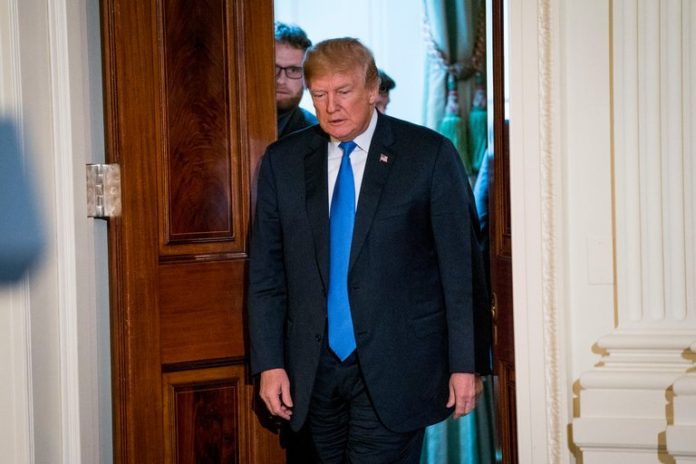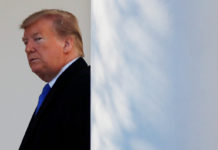
WASHINGTON — When President Trump suddenly announced two weeks ago that he would meet the North Korean leader, Kim Jong-un, John R. Bolton suggested a pithy strategy for how the meeting should proceed.
It should “be a fairly brief session where Trump says: ‘Tell me you have begun total denuclearization, because we’re not going to have protracted negotiations. You can tell me right now or we’ll start thinking of something else,’” Mr. Bolton, the hard-line former diplomat, said on a radio program the next day.
He made no secret of what the “something else” should be: a pre-emptive strike against North Korea, which he wrote last month would be a “perfectly legitimate” response to what he views as an imminent threat.
Mr. Bolton’s ascension to national security adviser, replacing Lt. Gen. H. R. McMaster, creates the most radically aggressive foreign policy team around the American president in modern memory.
Just a month ago, the prevailing wisdom in Washington was that the triumvirate of General McMaster, Secretary of State Rex W. Tillerson and Defense Secretary Jim Mattis was the only restraining influence on Mr. Trump’s confrontational urges. Now only Mr. Mattis is left, and there are increasing questions about how long he will last.
The new team unites two of the most virulent opponents of the 2015 Iran deal: Mike Pompeo, the C.I.A. director who was nominated as secretary of state after Mr. Tillerson was unceremoniously fired last week, and Mr. Bolton, a former ambassador to the United Nations who famously declared two decades ago that if 10 stories of the organization’s headquarters disappeared, “it wouldn’t make a bit of difference.”
Even before the announcement on Thursday night that General McMaster was leaving the White House — following months in which Mr. Trump chafed at his briefings and complained that his national security adviser was “managing” him — it seemed likely that the president would follow his instincts and abandon the Iran deal.
Even the chairman of the Senate Foreign Relations Committee, Senator Bob Corker, Republican of Tennessee, said over the weekend that he expected the president would “move away from it.”
Now that seems inevitable.
If so, this new team of hard-liners will be cast, in their first month together, into two of the most volatile nuclear issues of the post-Cold War era. The question is whether, once in office, they will manage America’s allies and adversaries by ultimatum or by diplomacy.
There is little in Mr. Bolton’s past, or in Mr. Pompeo’s, to indicate…










